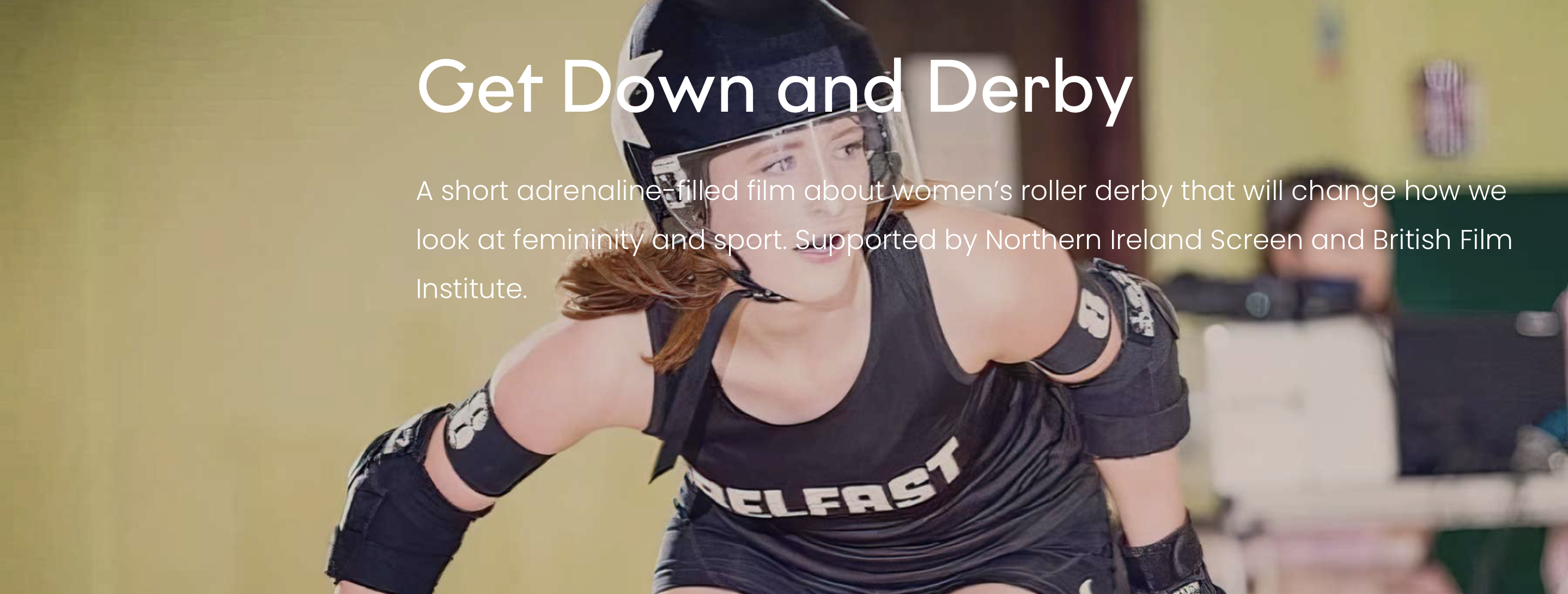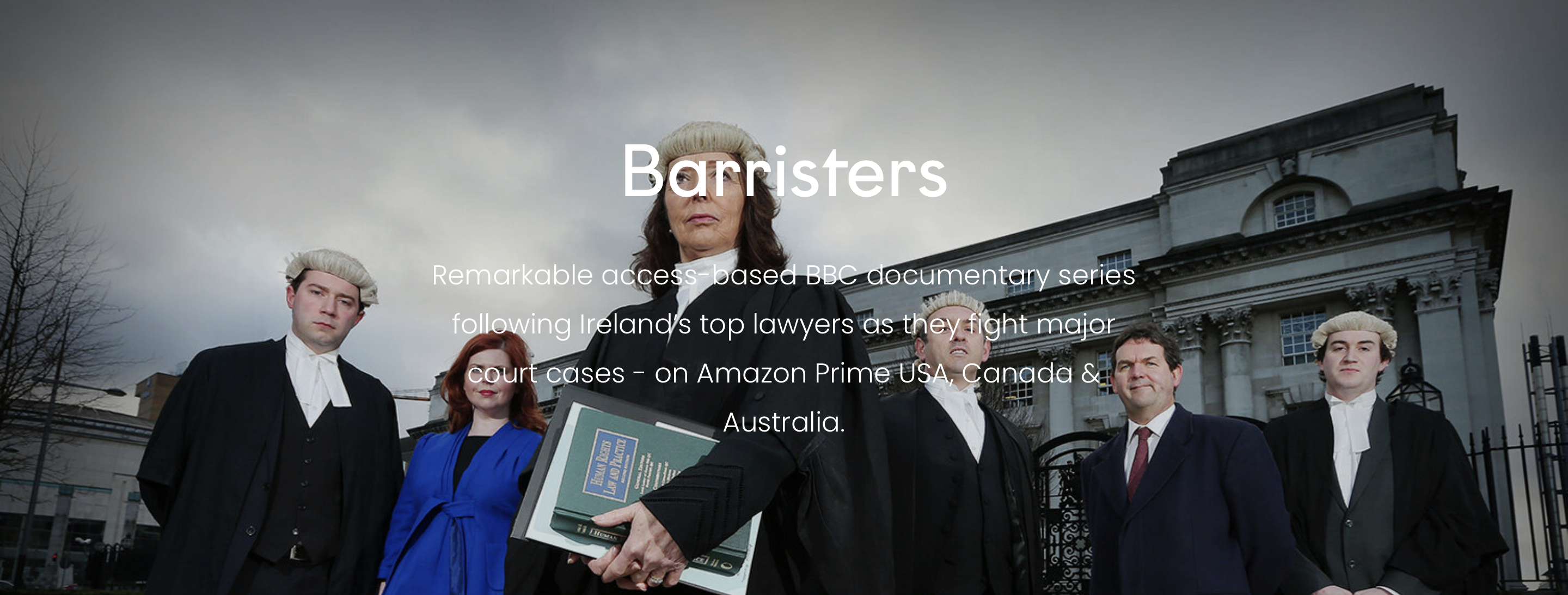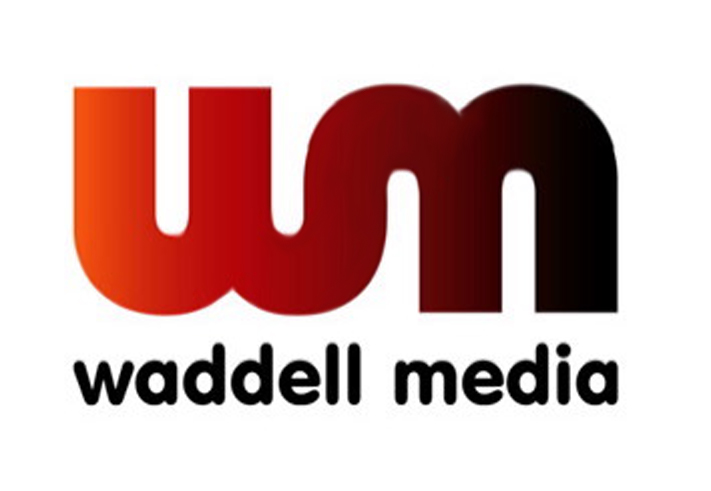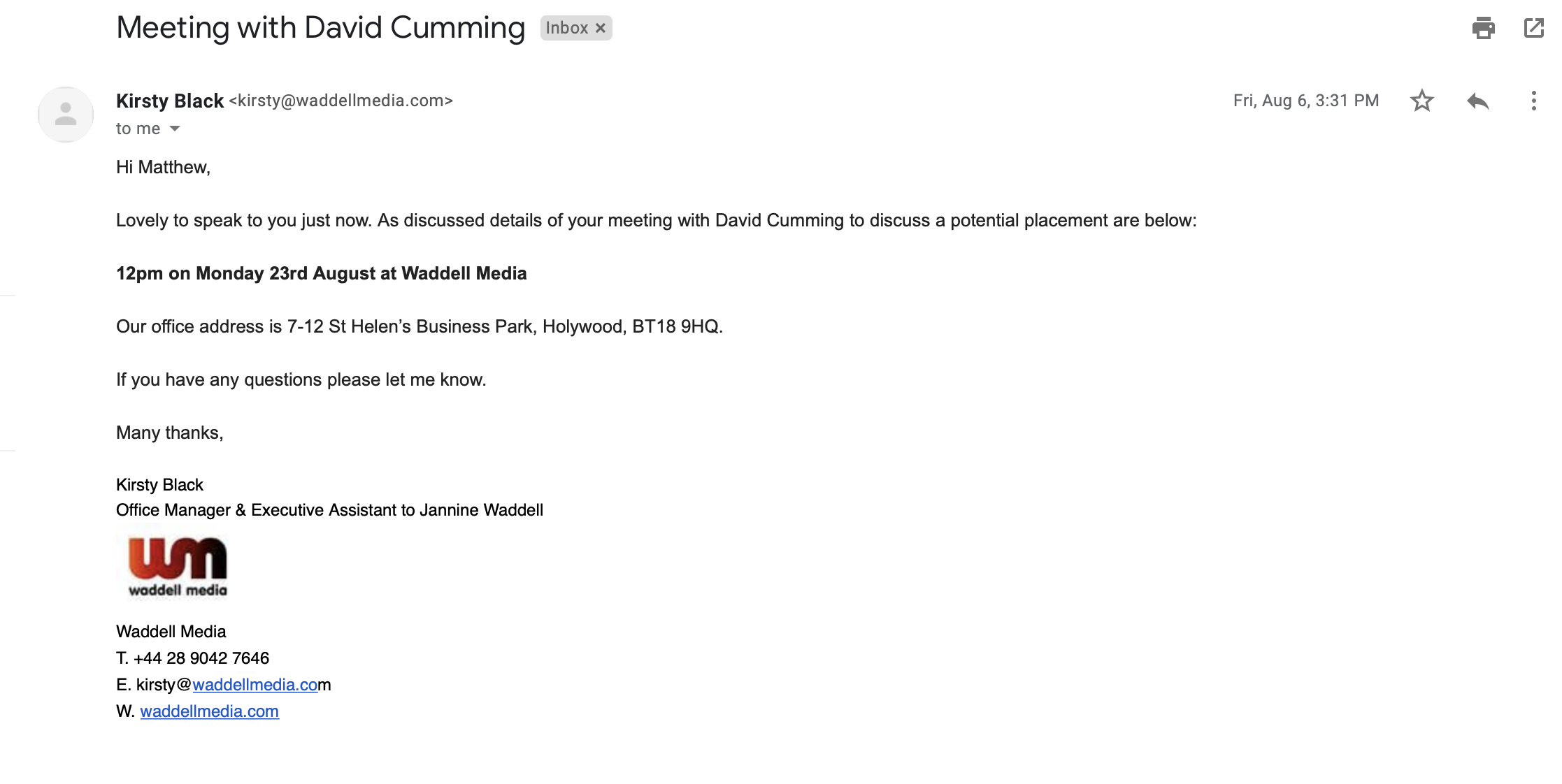Liar! Liar! The Interview is on Fire – The Attempt to Secure a Work Placement.

Reflection
Within the newly changed world due to the difficulties brought by the COVID 19 pandemic, my efforts to secure work placement was a massive struggle. After getting rejection after rejection, I decided to pick up the phone and call every number I could find. Finally, my luck had changed! When I called Strident Media… They offered me to partake in an interview process and asked each candidate to create a pitch for a factual show that their company may create.
To reflect on this experience, I am going to use the method of Gibbs’ Reflective Cycle’ to ensure that I learned from it.

‘It is not sufficient simply to have an experience to learn. Without reflecting upon this experience, it may quickly be forgotten, or its learning potential lost.’
(Gibbs, 1988)
Description
For the upcoming interview, I began to work on my pitch before the interview took place on Thursday 29th July. It was a zoom meeting consisting of Kelda Crawford-McCann, Morag Keeting and myself.
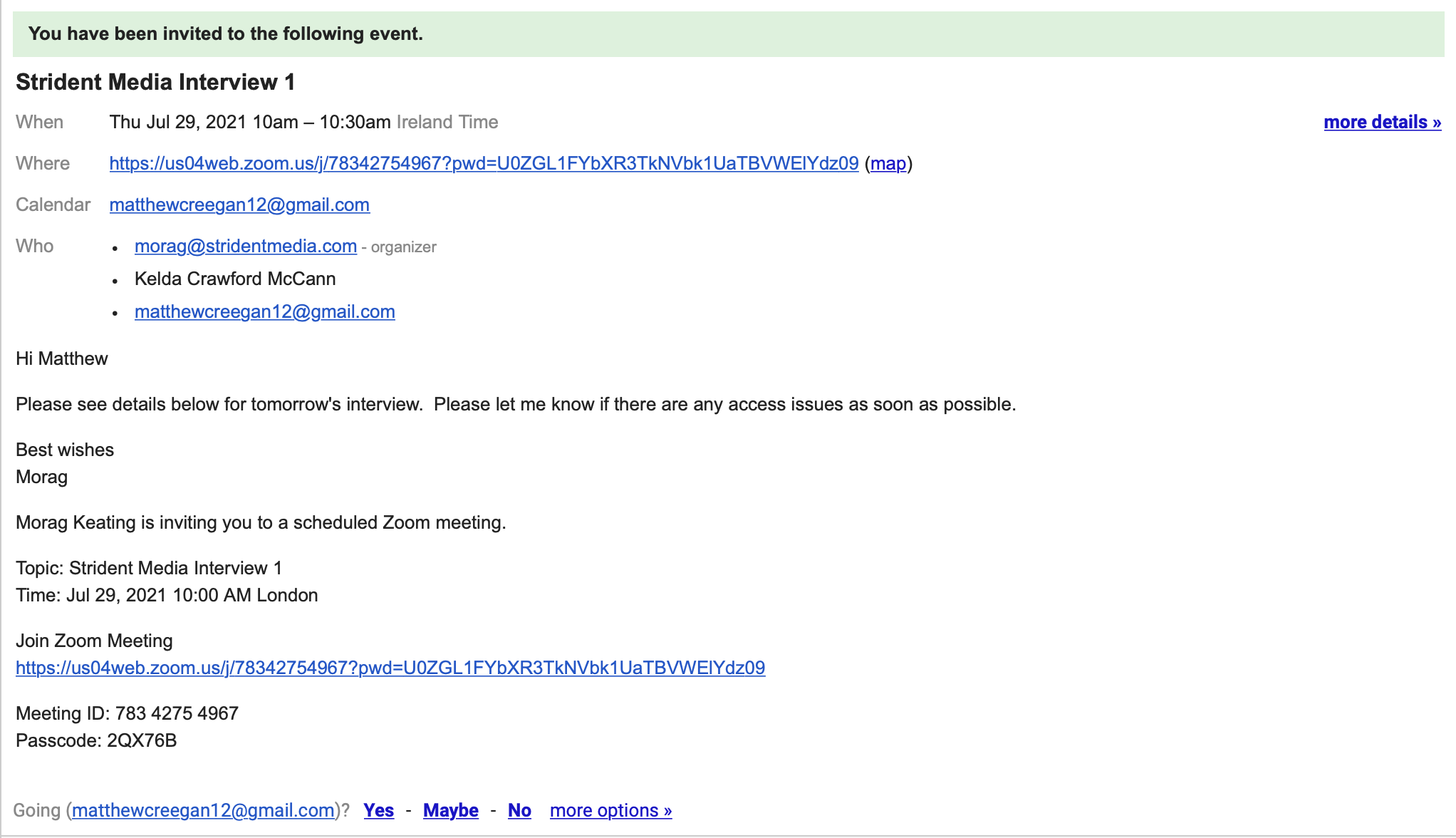
The interview started with me giving an overview of my pitch and explaining the basis of my idea. Shortly after, they began to ask questions to further explore my idea. Questions such as “how will this show be feasible to make?” However, the interview quickly turned sour. For their final question, they asked me “What is your favourite show that we have produced?”
I struggled to answer this question, so I quickly answered, “Planet Sheep,” as it was the only show I knew they made. From this, I began to ramble on about to show to try and convince the interviewers that I had watched the show. They sat and watched me ramble on about the show and lie through my teeth. Only to be met with “Are you sure it was that show as that show is still in production?” Just like that, I messed up the interview as I decided to lie…




Feelings
Before the interview began the feelings of stress and anxiety rushed through my body causing me to tremble. However, the nerves slowly left me as I began to read over my pitch for one last time. I started to grow in confidence as I truly believed that my idea was exciting and interesting. The feeling of confidence grew within the interview as they reacted well to my pitch. However, this confidence quickly spiralled into panic as I began to lie about watching Planet Sheep. I began to realise that by me lying, I was never going to get a placement, and this led me to feel disappointed and angry at myself for failing at the last hurdle.

Evaluation
From this situation, the things that went well were that I was able to develop a pitch around my idea. Likewise, the pitch part of my interview can be described as successful as I was able to verbally convey my idea and answer questions regarding my pitch, which were met with a positive reaction. This helps with my overall confidence in pitching.
On the other hand, the overall interview did not go too well. Due to the fact I was caught lying about watching their show, as I failed to read the small print and realise the show was still in production. From this, I began to ramble on and dig myself a hole that I was unable to get out of. This led them to brand me as a liar in their head and quickly forget about my pitch. Therefore, leading to my eventual downfall as I failed my interview and was rejected for a placement once again.
“It is part of human nature to learn continually from experience. Reflection is thus an important part of being an effective learner.”
(Weyers & McMillan, 2013)

Analysis
On reflection, I realised the things that overall went well from this experience is the fact that I was successfully able to develop a coherent pitch for my selected idea. For me, there were some significant aspects of learning that occurred within this experience has it allowed me to develop and further enhance my pitching skills through creating my idea and pitching it successfully to a panel of professionals within the film industry. Similarly, this gives me experience of not only public speaking but also the ability to verbally convey my pitch idea and answer questions about the idea thus allowing me to grow in confidence. This will help me within other modules in my film course as I will have to pitch my final film idea to be assessed.
Furthermore, I quickly came to understand where and why I went wrong in the interview, as I failed to prepare efficiently and effectively. Through analysing the mistakes, I made within the interview due to lying, I now realise that at the time I put too much time and effort into one aspect of the interview process. Therefore, I left myself with no time to effectively research the company or watch any of their productions. Leaving me to panic and begin to lie. In the end, this inevitably got me caught out and branded as a filthy liar which in turn made me fail the interview. Barton expands on this and states “your personal brand is what people say about you when you are not in the room,” (2016, p. 12).
Conclusion & Action Plan
Overall from the situation, I have learned that within the working world opportunities are not going to fall at your feet but instead, you must go out and grab them yourself. Equally, I have significantly developed my confidence in public speaking and my creative ability through the whole pitching process. Most importantly, after analysing the mistakes I have made throughout this process I realise now that it is vitally essential to use your time wisely when planning for an interview. Consequently, the next time I have an interview I will create a plan and divide up my time to ensure I can work on any tasks for the interview. While also researching the company and watching the productions they create. As I found out the hard way, that it is important to be ready for any question, they might throw your way. Luckily, I was able to put this plan to use as I had to have another interview with Waddell Media in which I had success in securing myself a work placement.
Bibliography
Barton, G., 2016. Don’t Get a Job…Make a Job.. 7th ed. London: Laurence King Publishing .
Gibbs, G., 1988. Learning by Doing: A Guide to Teaching and Learning Methods. 1st ed. Oxford: Oxford Further Education Unit.
Weyers, J. & McMillan, K., 2013. How to Improve Your Critical Thinking & Reflective Skills. 1st ed. Harlow: Pearson.
Make it Simple, but Significant
You May Also Like
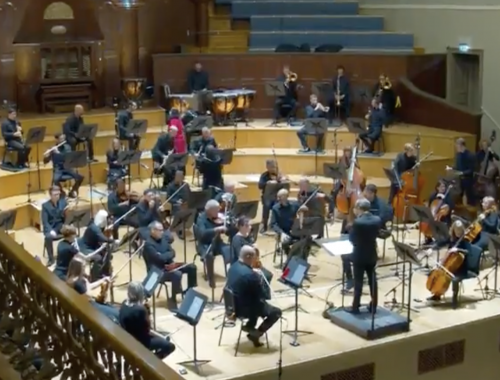
In at the Deep End: Recording an Orchestra
26 November 2021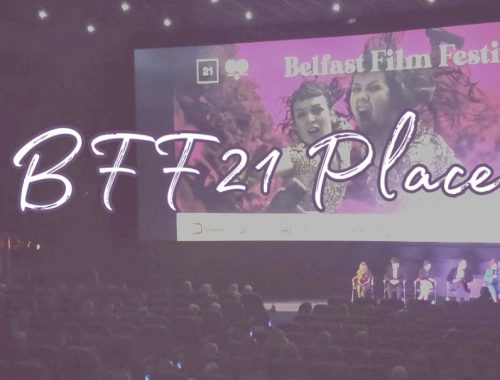
Breaking into the Film Industry: What You Know or Who You Know?
24 November 2021


